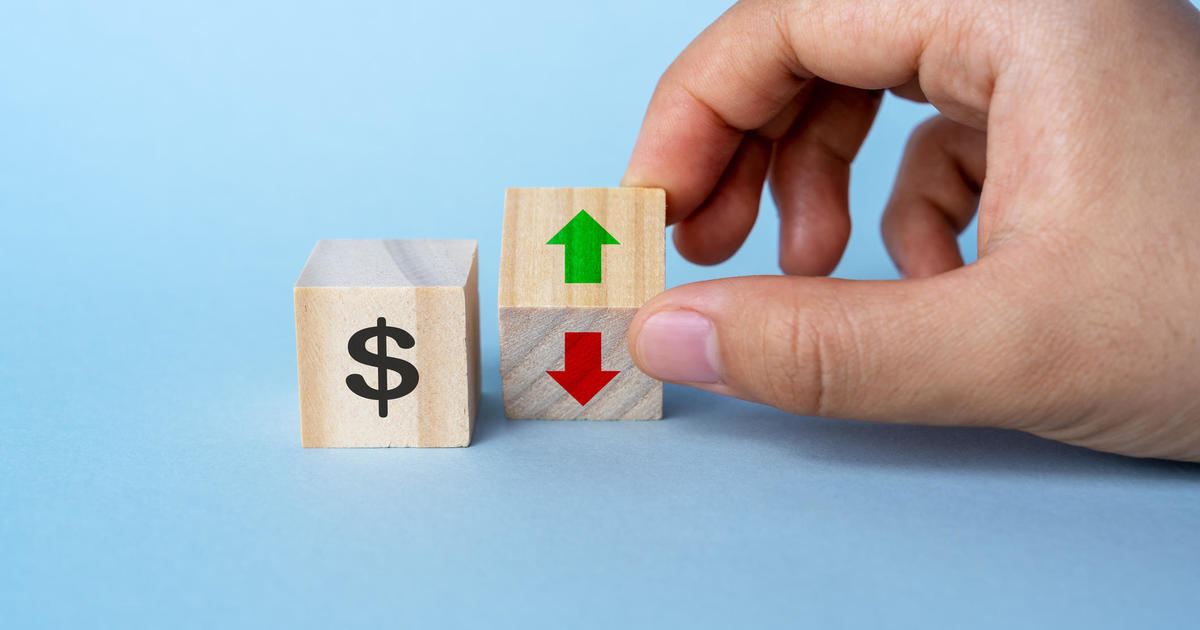Getty Images
Credit card interest rates have been on a swift upward trajectory over the past few years, with card rates climbing from an average of 16.28% in 2020 to today’s record-high rate of 22.76% — an increase of nearly 40% in just four years. This uptick in rates has caused significant financial strain for many cardholders, as any unpaid balances can quickly accrue significant amounts of interest. If that happens, it can be challenging to make meaningful progress in paying down your debts.
There are clear signs of the impact that today’s high-interest-rate environment is having on cardholders. For example, there has been a troubling rise in maxed-out credit cards and payment delinquencies recently, which suggests that many cardholders are struggling to keep up with their financial obligations. The total amount of credit card debt has also been increasing nationwide, indicating that cardholders are becoming more reliant on this short-term borrowing option.
And while it’s likely that the wider rate environment will shift soon due to easing inflationary pressures, there’s still a distinct possibility that your credit card issuer could increase your credit card interest rate this fall. Understanding when and why your card issuer can increase your rate is crucial for protecting your financial future. Below, we’ll break down what you should know now.
Need to get rid of your high-rate credit card debt? Find out how a debt relief expert could help.
6 times your card issuer can raise your credit card interest rate
If your credit card interest rate has increased recently, or if you notice an uptick in your rate in the coming months, here’s why it may have happened:
Your card issuer raised its rates
Credit card companies will periodically review and adjust their interest rates based on various economic factors and internal policies — and while the wider rate environment can play a role in these decisions, it’s not the only factor. So, while the upcoming Fed rate cut (which is expected in September) will likely have a positive impact on mortgage and personal loans, card issuers are under no obligation to follow suit.
If you’ve held your card for at least a year, your issuer’s future rate decisions could lead to an increase in your credit card interest rate. They are required to provide you with 45 days’ notice before implementing these types of changes, though, so it’s important to stay vigilant and carefully review any communications from your card company.
Find out how the right debt relief strategy could help you lower the cost of your credit card debt.
You made a late payment on your account
Late credit card payments can have severe consequences, including triggering penalty annual percentage rates (APRs). These rates are significantly higher than your standard APR and can be applied to your account if you fail to make a payment within 60 days of the due date. That’s why it’s important to set up automatic payments or reminders to ensure you never miss a payment. Otherwise, your card APR could be increased temporarily if you’re more than 60 days late on a payment — and you’ll need to make three consecutive on-time payments to get rid of that penalty APR.
An introductory rate offer is ending
Many credit cards offer attractive introductory rates, such as 0% APR on purchases or balance transfers for a limited time. If you’ve been enjoying the benefits of this type of promotion, be aware that its expiration could result in a substantial rate increase. It may help to mark your calendar for when these promotional periods end and plan accordingly to minimize the impact on your finances.
There was a drop in your credit score
Your credit score plays a crucial role in determining your credit card interest rate. If your credit score has decreased recently due to factors like increased credit utilization, missed payments on other accounts or even minor issues like hard inquiries, your card issuer may respond by raising your credit card interest rate. Regularly monitoring your credit score and addressing any issues promptly can help you maintain more favorable rates.
You didn’t comply with the terms of your card agreement
Credit card agreements contain specific terms and conditions that cardholders must adhere to. Violating these terms, such as exceeding your credit limit or using the card for prohibited transactions, can give the issuer grounds to increase your interest rate. So, you should always read and understand your card’s terms to avoid inadvertently triggering a rate hike.
A fixed-rate period expired
Credit cards generally have variable rates, but some credit cards offer fixed rates for a certain period. If your card has such a feature and that period is ending, you may see your rate increase to a variable APR that fluctuates with market conditions.
The bottom line
Your credit card interest rates can be impacted by the wider rate environment, but it’s important to understand that those aren’t the only factors driving your card rates. If you want to avoid unpleasant surprises, it’s important to stay vigilant and proactive in managing your credit card accounts. That way, you can better position yourself to navigate the challenges of a potentially rising interest rate environment and avoid the pitfalls of paying more interest on your credit card charges.
